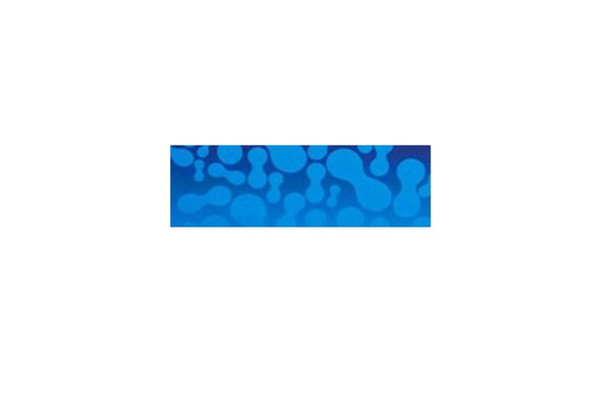Description
Cleaved-NOTCH1 (V1754) Polyclonal Antibody | E-AB-30054 | Gentaur US, UK & Europe Disrtribition
Reactivity: Human, Mouse, Rat
Host: Rabbit
Isotype: IgG
Application: WB, IHC-p, IF, ELISA
Research Area: Cancer, Cardiovascular, Epigenetics and Nuclear Signaling, Developmental Biology, Neuroscience, Stem Cells
Background: This gene encodes a member of the Notch family. Members of this Type 1 transmembrane protein family share structural characteristics including an extracellular domain consisting of multiple epidermal growth factor-like (EGF) repeats, and an intracellular domain consisting of multiple, different domain types. Notch family members play a role in a variety of developmental processes by controlling cell fate decisions. The Notch signaling network is an evolutionarily conserved intercellular signaling pathway which regulates interactions between physically adjacent cells. In Drosophilia, notch interaction with its cell-bound ligands (delta, serrate) establishes an intercellular signaling pathway that plays a key role in development. Homologues of the notch-ligands have also been identified in human, but precise interactions between these ligands and the human notch homologues remain to be determined. This protein is cleaved in the trans-Golgi network, and presented on the cell surface as a heterodimer. This protein functions as a receptor for membrane bound ligands, and may play multiple roles during development.
Lead Time: 2 days
Concentration: 1 mg/mL
Storage: Store at -20°C. Avoid freeze / thaw cycles.
Immunogen: Synthesized peptide derived from the Internal region of human Notch 1
Buffer: PBS with 0.02% sodium azide, 0.5% BSA and 50% glycerol, pH7.4
Purification: Affinity purification
Dilution: WB 1:500-2000, IHC 1:50-300, IF 1:50-300
Conjugation: Unconjugated
Calculated Molecular Weight: 273 kDa
Observed Molecular Weight: 110 kDa
Clonality: Polyclonal






